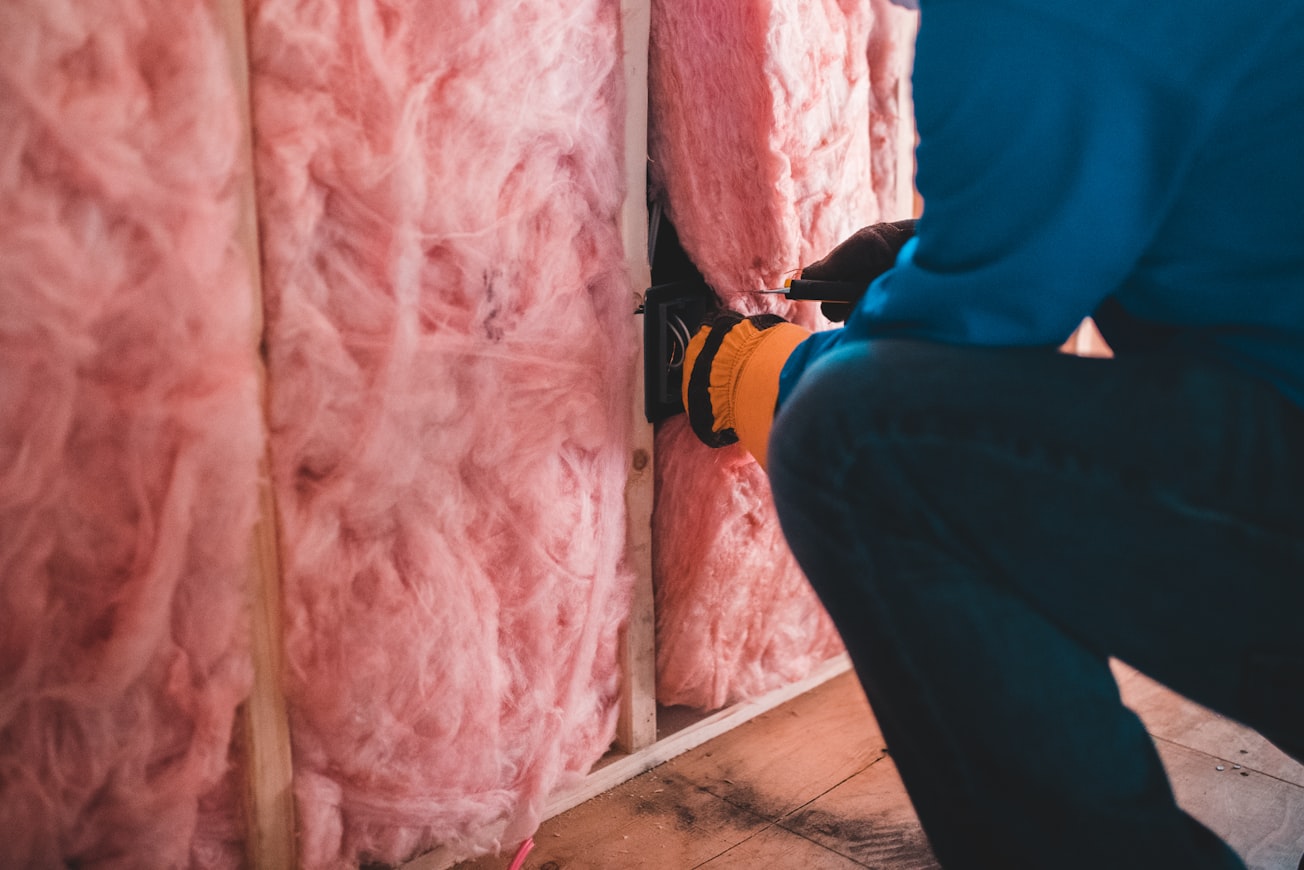What is it about?
This study is aimed at developing rigid polyurethane foam using high bio-based polyester polyol content without sacrificing the mechanical or thermal insulation performance associated with traditional polyether polyol based rigid polyurethane foam. In this paper, we quantify the properties of a model rigid polyurethane foam formulation based on a commercially available polyether polyol and then systematically substitute the polyether polyol with a commercially available palm kernel oil based polyester polyol.
Featured Image

Photo by Erik Mclean on Unsplash
Why is it important?
The future depletion of petroleum resources is driving development of sustainable alternatives based on biomaterials.
Perspectives
Rigid polyurethane foams were successfully prepared by blending up to 50% of palm kernel oil based polyol with polyether polyol. Mechanical and thermal properties, as well as dimensional stability of rigid polyurethane foam with up to 30% palm kernel oil based polyester polyol gave comparable or better properties to the 100% polyether polyol based foams. Improved compressive strength without compromising thermal insulation was achieved at around 20% palm kernel oil based polyester polyol. This can be due to the formation of hard block segments of rigid urethane linkages composed of palm-based-polyols, into the discrete domains. In terms of the thermal conductivity, the improved thermal insulation properties were achieved at a composition of around 10% palm kernel oil based polyester polyol. Upon substitution of palm based polyols, while the onset degradation temperature was slightly reduced, stability (50% weight loss) above 350 °C was improved.
Dr Pratheep K Annamalai
University of Queensland
Read the Original
This page is a summary of: A systematic study substituting polyether polyol with palm kernel oil based polyester polyol in rigid polyurethane foam, Industrial Crops and Products, April 2015, Elsevier,
DOI: 10.1016/j.indcrop.2014.11.053.
You can read the full text:
Contributors
The following have contributed to this page










